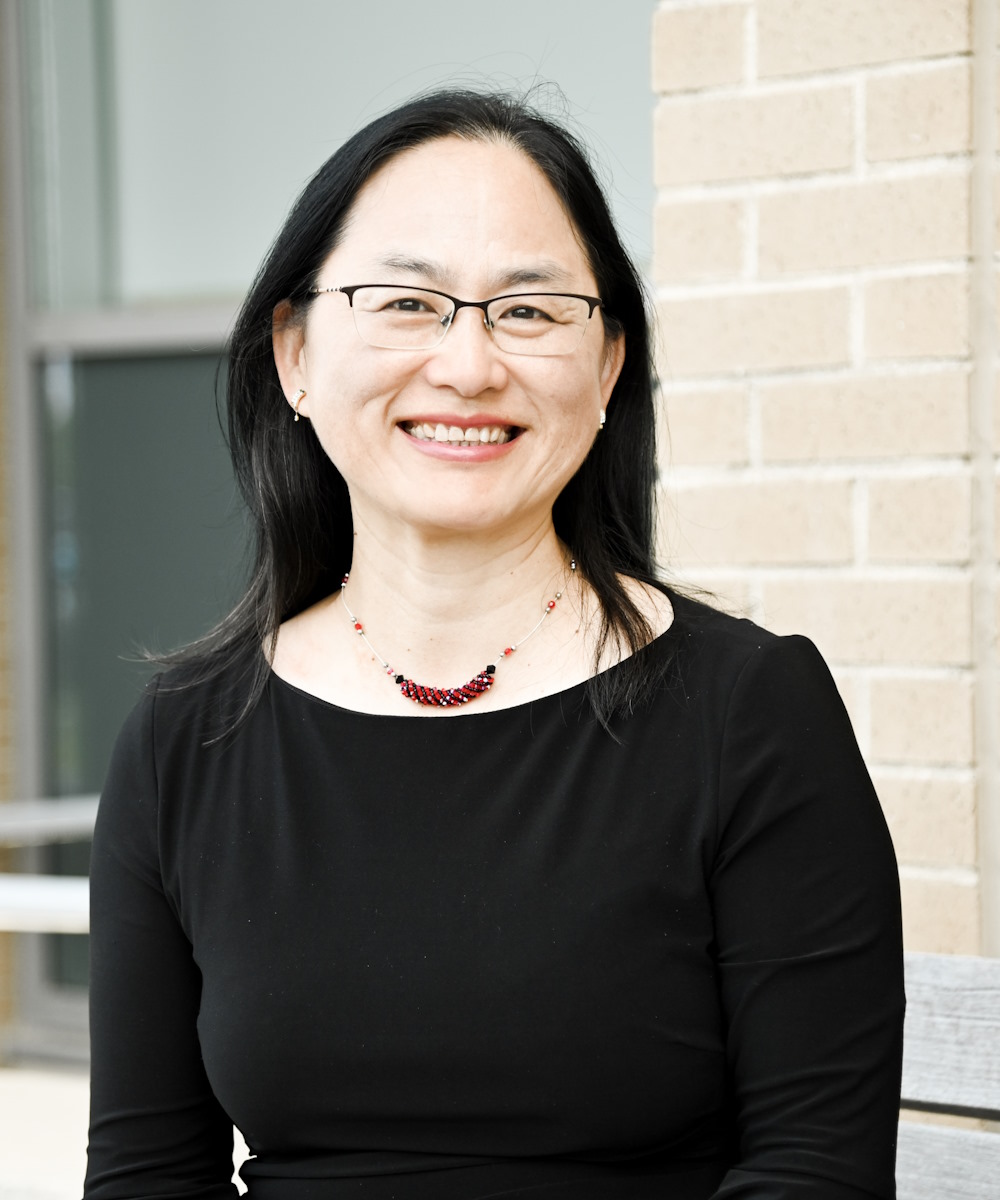November 7, 2024 | Erin Bluvas, bluvase@sc.edu
Jihong Liu has been passionate about maternal and child health (MCH) since she focused on maternal health and reproductive health during graduate school at Harvard University at the turn of the century. Her dedication to teaching and mentoring others in the field has grown alongside the robust research program she has cultivated over the past 25 years.
This fall, the Coalition for Excellence in MCH Epidemiology, which includes 16 national health organizations (e.g., CDC, NIH, HRSA, APHA), recognized Liu with the 2024 National Maternal and Child Health Epidemiology Award for Excellence in Teaching and Mentoring.
“I am deeply humbled and profoundly grateful for this recognition,” Liu says. “I believe that this award honors more than just my efforts – it is a testament to the collaborative spirit and dedication of the entire team at the Arnold School of Public Health.”
Liu’s journey at USC began in 2005. She had recently completed a CDC- and Health and Human Resources Administration (HRSA)-sponsored Maternal and Child Health Epidemiology Fellowship in Oregon when she joined the Arnold School’s Department of Epidemiology and Biostatistics as an assistant professor. Liu immediately began working to develop academic programs and opportunities for students in the area of MCH, including inviting their contributions to her active research program.
One of her best-known projects from the past 20 years spanned more than a decade. Working with exercise science professor Sara Wilcox, Liu has researched how to promote healthy weight gain during and after pregnancy among overweight/obese women. Dozens of other projects have focused on a variety of MCH challenges, such as racial disparities in maternal health, access to care during the pandemic, community engagement/education programs, and impacts of sleep, dietary quality, exercise and many other factors.

An underlying theme of her research has been the inclusion of students and her efforts to help them prepare to become future scientists and professionals. This is evidenced by the presence of student co-authors on more than half of her 150 peer-reviewed publications.
In 2020 and 2021, Liu reached two major milestones that enabled her to formalize and expand the training/coursework, mentoring and research opportunities she had been developing since she arrived 15 years earlier.
The first was a $450,000 HRSA grant that supported the launch of the Maternal and Child Health Public Health Catalyst Program. With this funding, Liu and her team established MCH curricular infrastructure at the Arnold School, which includes the development of a new MCH course and added MCH contents to existing courses, and the creation of a popular MCH graduate certificate, a Graduate Scholars Program, MCH-focused poster and abstract competitions, and the MCH Student Association.
An additional $775,000 award from HRSA in 2021 saw the creation of the MCH Leadership, Education, and Advancement in Undergraduate Pathways (LEAP) training program. LEAP provides individual mentoring/academic support and training to undergraduate students from underserved or under-represented backgrounds to enhance their knowledge, skills and interest in MCH-related graduate programs and health care professions.
So far, MCH LEAP program has served 95 undergraduate students with an additional 65 students to be served by May 2026. Over two-thirds of MCH LEAP trainees are identified as Black and 45.8 percent as first-generation college students. Last year, more than 85 percent of MCH LEAP trainees received an internship, externship, scholarship, or grant during the program. To date, the program has awarded $58,250 in scholarships as a tuition supplement to trainees.
“HRSA's training grants have allowed me to fulfill my dream of enriching MCH-related curricula and creating various learning opportunities for both graduate and undergraduate students interested in MCH to learn, grow and thrive at USC,” Liu says. “We also have the opportunity to engage our faculty in MCH-related research and bring them together to mentor the future generations of this field. I am especially thankful for the support from Dr. Tom Chandler, Dr. Tony Alberg, Dr. Linda Hazlett, Dr. Monique Brown, and other collaborators or partners inside and outside of the university, who have been integral to the success of our MCH training programs at USC.”